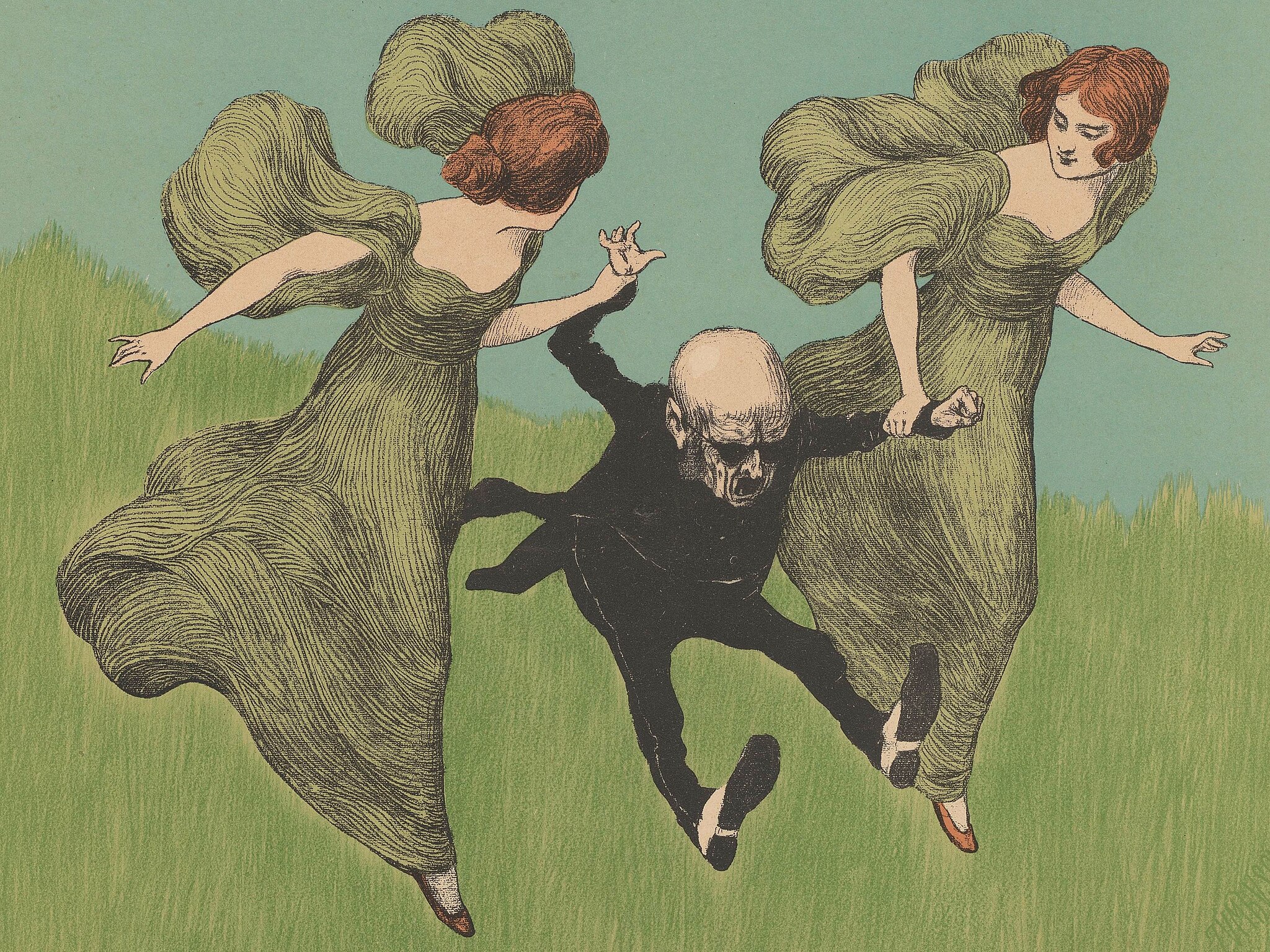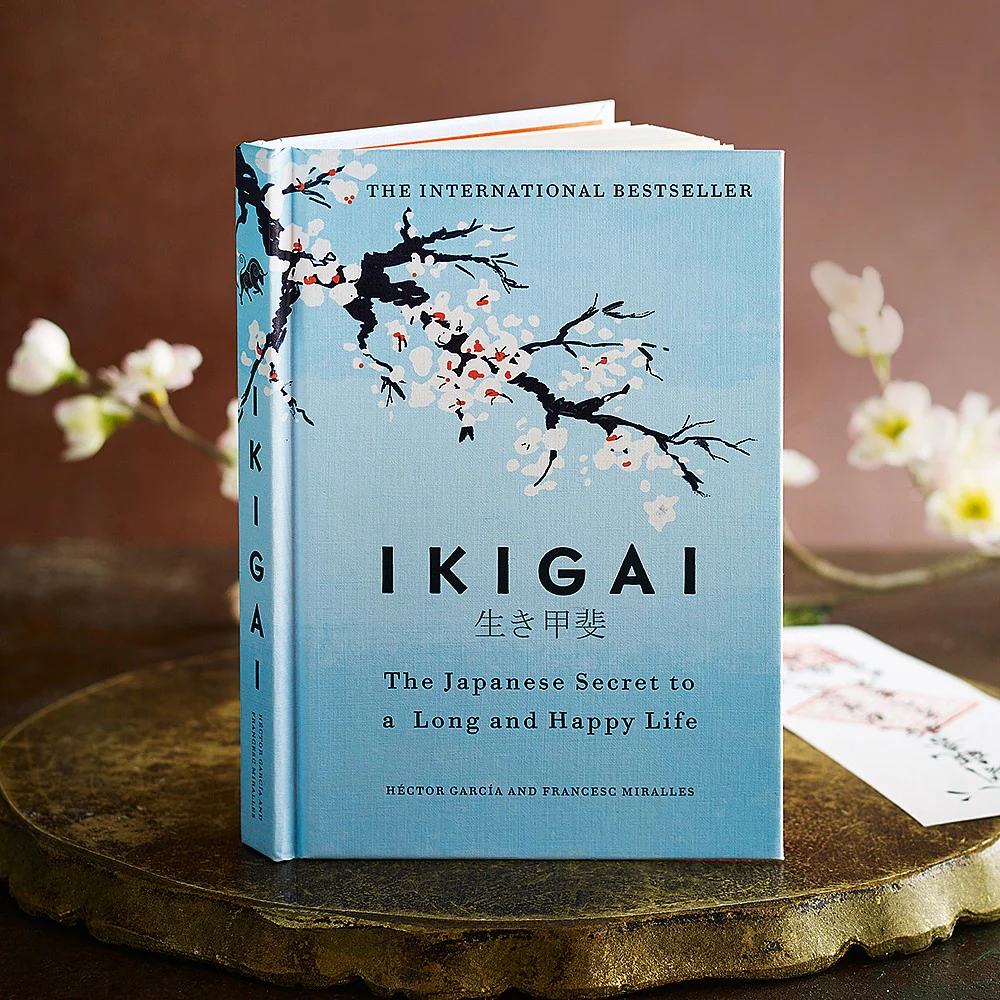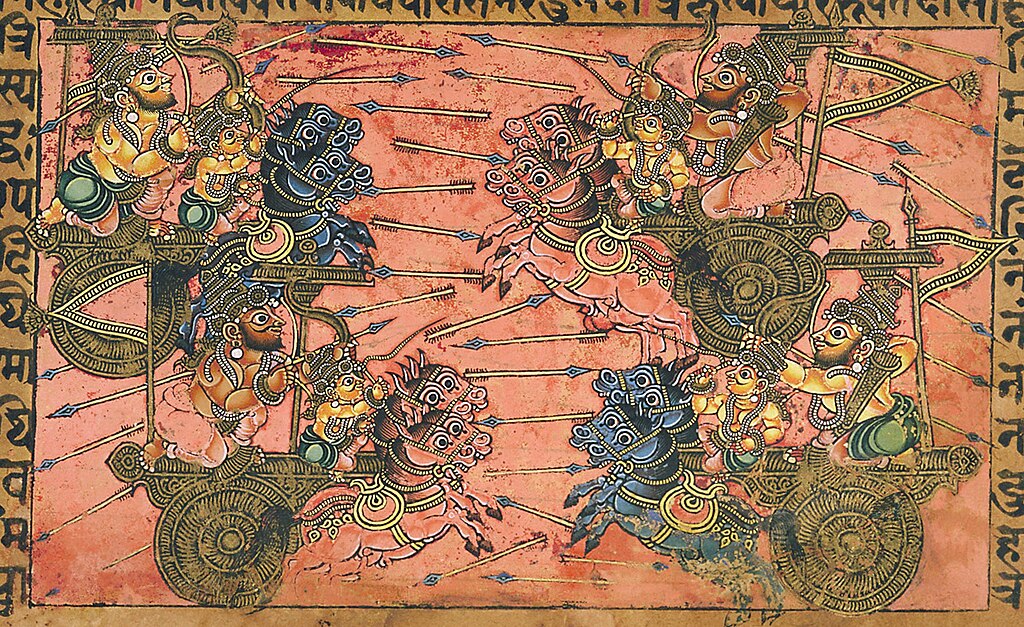In Sula, Toni Morrison writes not with a shout, but with a steady, powerful murmur that shakes the bones. It is a novel about friendship, about womanhood, and about the thousand invisible cuts that race, class, and history leave on a person’s soul. But above all, it is about choice-the ones society allows, and the ones it punishes.
Sula and Nel, the two girls at the centre of the story, begin like mirrors of each other. One is steady, the other wild. One seeks approval, the other escapes it. Their bond is fierce and intimate, but never simple. Morrison isn’t interested in clichés about loyalty or betrayal; she’s after something deeper. The way two lives, born side by side, can grow into strangers not through hatred but through the slow drift of time and expectation.
This is a book where the political is never lectured but lived.
The town of Medallion is not just a setting, it is a character, watching, whispering, judging. Morrison shows how communities can nurture and imprison, how they cling to the familiar even when it hurts them. She also reminds us that rebellion, especially from a Black woman, comes at a price. Sula chooses to live on her own terms, and the world makes her pay for it.
Morrison’s language is clear and poetic. She writes with great tenderness, even when the story turns hard. Her strength is in the details; a gesture, a glance, a silence between two women that says more than any speech. She believes in the power of the personal to speak for the historical. But her magic is quieter, her explosions more internal.
Sula is not a loud book, but it stays with you. It asks what it means to be good, and whether goodness is really the opposite of freedom. In the end, Morrison doesn’t give us answers only echoes. And somehow, those echoes are enough.



